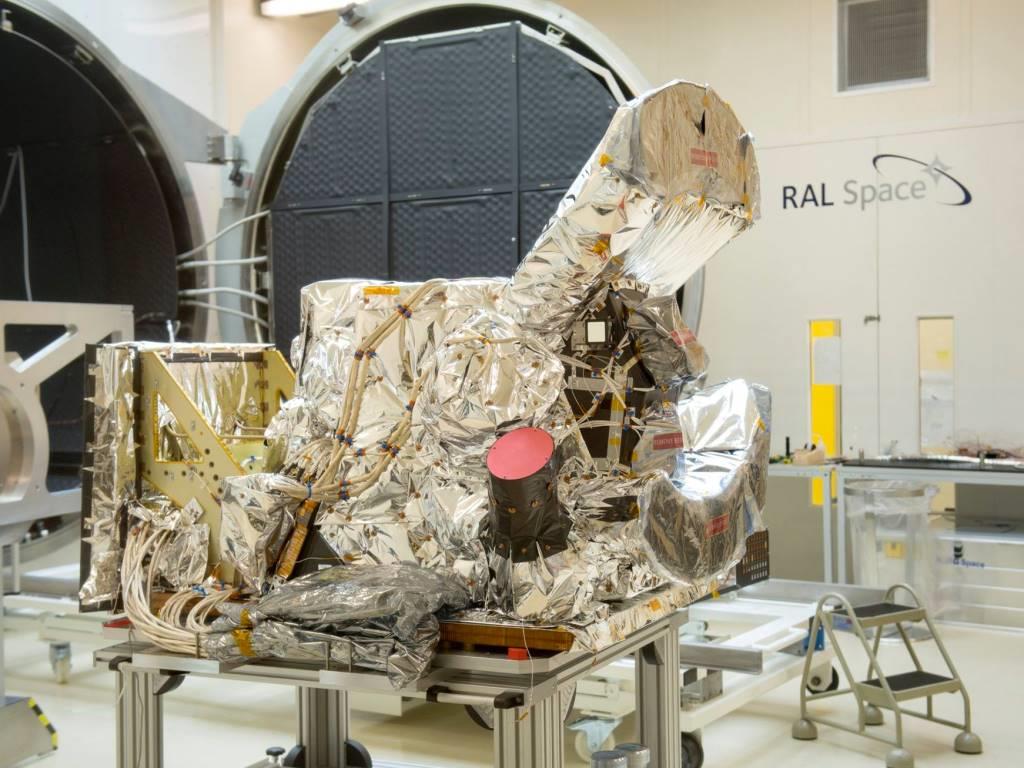The UK Centre for Calibration of Space Instrumentation (CCSI) was established in response to the increasing need for measurements made by satellite instruments to be provided with uncertainty estimates and demonstrate their traceability to internationally agreed standards. The CCSI is a joint venture between STFC’s RAL Space and the National Physical Laboratory (NPL), aiming to co-ordinate the existing UK space calibration activities with the close involvement of UK academic and instrument teams. The Centre is a National Facility that provides a nucleus to enable the UK to offer state-of-the-art calibration and validation services to agencies and instrument builders,
UK CCSI typical black body sources and transfer standards
Currently, the UK CCSI covers the following areas:
- Design of EO sensors and their calibration schema
- Calibration of satellite sensors, both pre-flight and in-orbit
- Development and operation of surface validation instrumentation
- Data validation and quality assurance for a variety of satellite sensors
It supports the calibration of satellite sensors from x-ray wavelengths through to the far infrared and microwave; the development and operation of instrumentation for the validation of Satellite Sea surface temperature observations; and routine vicarious calibration of visible EO sensors using ground test sites.
Satellite sensors can be calibrated against a variety of ground calibration sources and sensors whose accuracy is traceable to international standards using techniques such as the pre-calibrated (at NPL) transfer standard shown below.

Support to Instrument Campaigns
The Centre also participates in instrument-level calibration campaigns, with close involvement in the design, build and certification of sometimes highly complicated and sophisticated calibration rigs such as that for AATSR and its successor, SLSTR (Sea and Land Surface Temperature Radiometer - shown). In the past such campaigns have utilised the 3m Large Space Chamber but future large instruments will be calibrated in the new R100 5m chambers.



